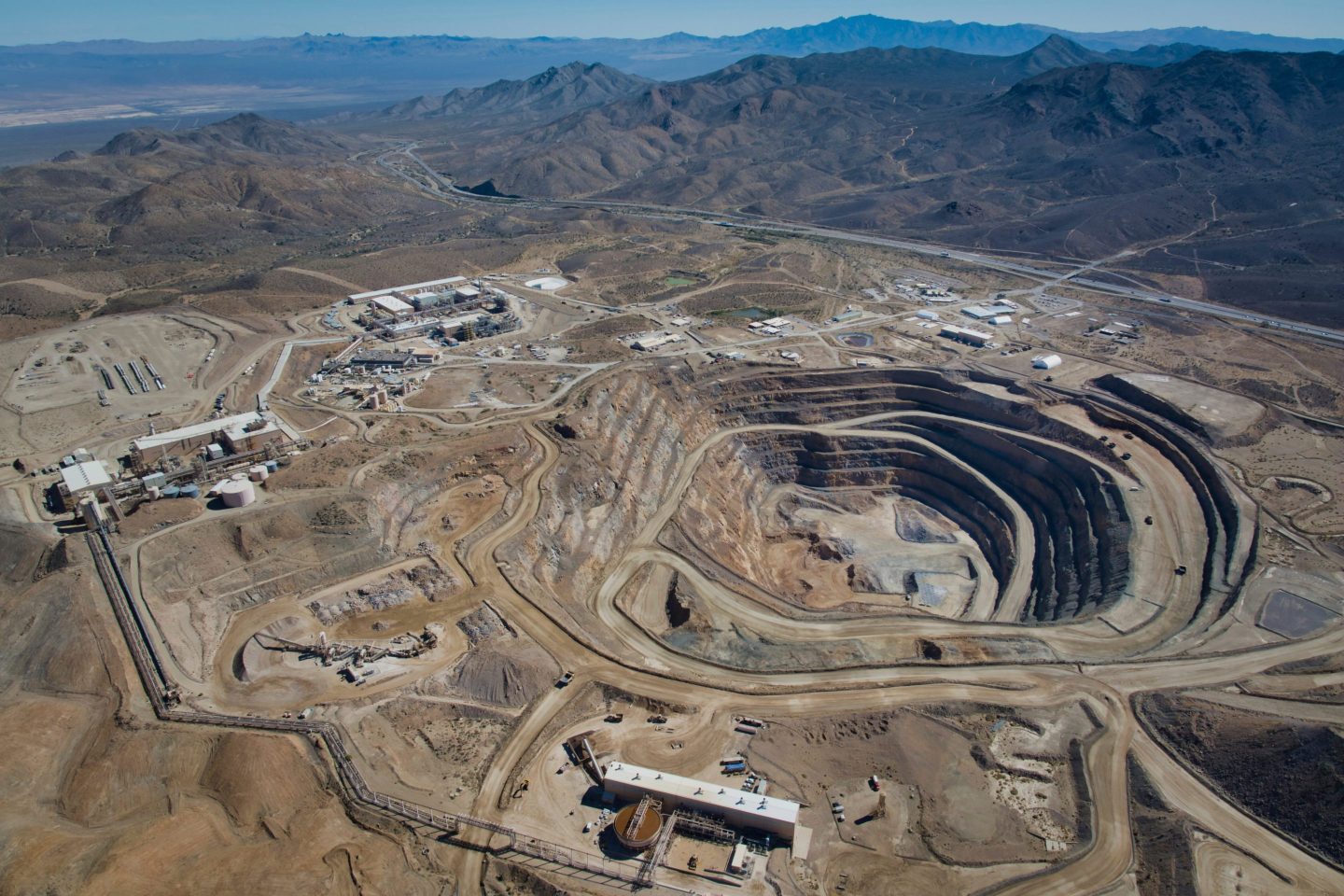- Israel’s air war on Iran entered its fourth day and the price of oil went up again, but the markets appear to be shrugging off the conflict. S&P 500 futures inched up this morning following gains in Europe and Asia.
Investors appear to be positioning for a classic “buy the rumor, sell the news” event in front of the U.S. Federal Reserve’s interest rate decision on Wednesday. The Fed is expected to leave rates where they are, so don’t be surprised if you see a moderate amount of profit-taking if that decision is confirmed.
The stock markets also seem to be unbothered by the ongoing conflict in the Middle East even though the VIX volatility index is sharply up.
Deutsche Bank’s Henry Allen put it best in a note to clients sent this morning: “Geopolitics doesn’t normally matter much for long-run market performance. This is a pretty consistent pattern, including over the last two years with the Middle East. For instance, there was a brief risk-off move in April 2024 after Iran’s attack on Israel, but markets quickly recovered. Then in October 2024, further Iranian strikes led to an oil price spike, but when Israel’s response was more limited than many anticipated, prices fell back again. This week’s events have clearly been much bigger than 2024. But apart from commodities and Middle Eastern equities, the wider market impact has been limited. In fact, the MSCI World index closed just over -1% beneath its record on Thursday.”
UBS’s Paul Donovan concurred: “The ongoing exchange of missile strikes between Iran and Israel this weekend has not had a major impact on financial markets. … Further market moves would be justified only if there were expectations of even more disruption to energy supplies or shipping lanes,” he said this morning.
Goldman Sachs’s Jan Hatzius and his team predict the Fed will remain on hold. Inflation and economic growth both appear to be moderate, so it’s not clear whether the Fed needs to intervene by moving the interest-rate needle either way, they told clients. “The FOMC will likely reiterate that it plans to remain on hold until it has further clarity and downplay its longer-term projections as highly contingent on a still very uncertain economic and policy outlook,” they wrote.
Here’s a snapshot of the action this morning prior to the opening bell in New York:
- The VIX fear index rose 14% today.
- U.S. crude oil rose 1.23% to $73.88 a barrel, after rising more than 7% last week.
- S&P 500 futures were up 0.51% this morning despite turmoil in the oil markets.
- The S&P 500 closed down 1.13% on Friday, at 5,976.
- Bitcoin is sitting above $107K.
- Japan’s Nikkei 225 was up 1.26%.
- India’s Nifty 50 rose 0.9%.
- China’s SSE Composite rose 0.35%.
- Stoxx Europe 600 was up 0.35% in early trading.













